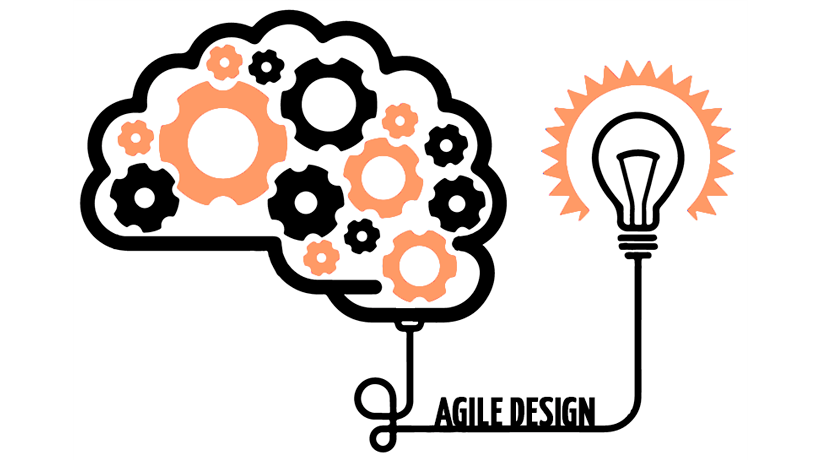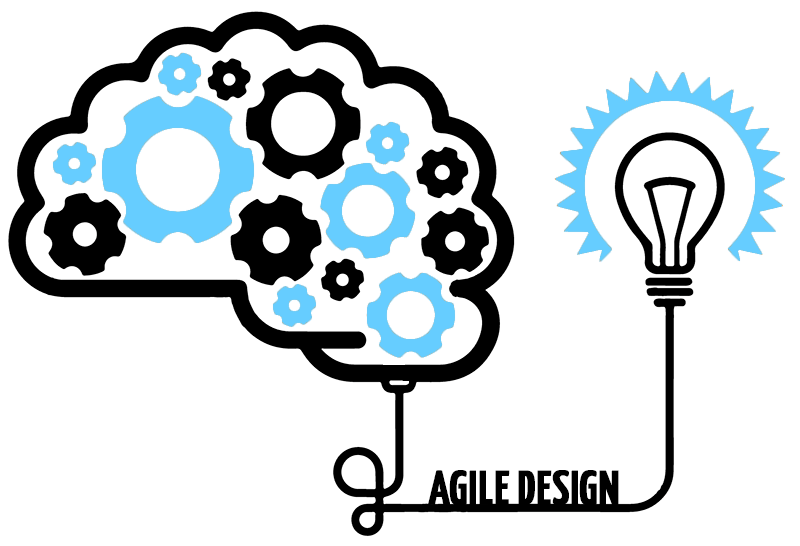MSU Denver's Agile Instructional Design: The Background
Last February, I wrote this article explaining the background and rationale for an emerging initiative at MSU Denver called Agile Instructional Design Network (AIDNet). Since then, I’ve been humbled by the positive feedback, dialog, and progress. In just three months, AIDNet has seen a number of iterative (as should be expected) advances, so I thought an update would not only be of interest, but was incumbent upon me.
Soon after writing that initial article, I was off to New Orleans for OLC Innovate, an experience I found immensely rewarding (see my Medium reflection). With AIDNet still fresh on my mind (that, along with jazz and gumbo) I was able to absorb OLC Innovate through a unique lens of entrepreneurship and agility. As I sat through sessions on Design Thinking and Soft Infrastructure, I couldn’t help but feel justified and nationally supported in the direction with which my institution, MSU Denver was headed. After delivering my presentation on Agile Instructional Design Network to a grateful crowd of administrators and Instructional Designers, I was further fueled to continue down the inevitably bumpy road of infusing entrepreneurial processes into higher education, and specifically Instructional Design.
MSU Denver's Agile Instructional Design: The Process
Upon my return to Denver, and with our Agile Instructional Design Network fully in place, it was time to get to work. We had obtained stakeholder buy-in, reinforced some key infrastructure, erected the necessary scaffolding, and experienced national advocacy, so it was time for the excitement to begin (sorry for my overindulgence in metaphors. Just get in touch and I’m happy to provide details.). Since OLC Innovate, we’ve taken some key steps towards further actualizing this new paradigm:
- We began developing process documents for everything (view template).
- We invited faculty to participate in a few pilot projects to test our processes.
- We initiated weekly team activities to catalyze agility within Agile Instructional Design Network.
Prior to AIDNet at MSU Denver, there were very few formalized processes for instructional technology and design. Courses were more or less developed and improved as-needed, both by faculty and the education technology team. This led to inconsistency at best, and fairly drastic drops in student retention at worst. With an impending 2017 HLC visit, and the growing institutional adoption of an Agile paradigm, it was mandatory that processes be documented, adhered to, tested, and iteratively refined. AIDNet represents an interesting paradox involving the intentionally forced relationship of seemingly contradictory processes; some requisitely rigid and some fully fluid. The process of process is immutable and structured, but the work, design, and creative within those processes is very messy and malleable. In fact, the messiness should be both encouraged and rewarded, so long as it leads to an evolved understanding and refinement of process. Confused yet? Don’t worry, it’s all part of the process :)
MSU Denver's Agile Instructional Design: The Teaser
As we continuously learn and evolve within this cultural shift, at MSU Denver and nationally, the reality of designing high-quality courses is still paramount. The development of this custom Agile Network is only important if great courses are actualized from within this new entrepreneurial cauldron. In order to ensure quality, equity, accountability, and continuous improvement within this new system, I’m excited to also tease a complementary framework which will be intimately connected to AIDNet. In the coming months, MSU Denver will also be piloting the AIDNet Course Design Exchange (CoDeX). The AIDNet CoDeX will act as a micro market economy within the institution, allowing departments and faculty to “purchase” services or service packages from an extensive ID catalogue. By economizing the Instructional Design process through monetizing design time, we hope to create greater institutional equity and consistency. Stay tuned for future posts regarding the MSU Denver AIDNet CoDeX, or feel free to contact Taylor Kendal with any questions at [email protected].
As AIDNet gains momentum and moves forward, we’re excited about what it could represent for MSU Denver and the conversation of Instructional Design nationally. We’re currently knee-deep in the muddy water of iterative process design, but we’re simultaneously implementing rigorous tools for capturing meaningful data analytics to support what might surface from the murky depths. In time, we hope to uncover a few new pieces to the uniquely complex algorithmic puzzle that is online learning.
MSU Denver's Agile Instructional Design: The Truth
This final paragraph was also included in my initial post, but I think it bears repeating. There’s a perception within certain academic circles that adherence to tradition is what makes the institution of education great, and ideological cross-pollination between high-tech startups and higher education is an exercise in futility, but is this based on experience or assumption? It takes courage and leadership to move beyond the confines of history and tradition, but doing so is often the only way to reveal the adjacent possible; the resources and ideas which we’re institutionally and culturally conditioned to ignore, but when discovered, allow us to be truly revolutionary.
Interested in further exploration, or for more information on how your institution could benefit from the AIDNet framework, contact Taylor Kendal at [email protected] or explore his work at TaykenDesign.com.








